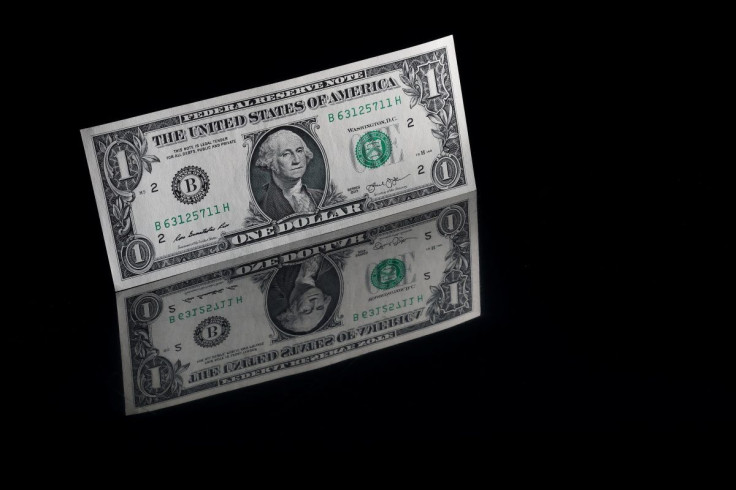Optimistic Ankara Says Inflation Will Fall To 24% This Year

Turkish inflation will fall to around 24% by year-end and hit single digits by May of 2023, the finance minister said on Friday, painting a far rosier picture than that of economists who see it 10 percentage points higher.
Nureddin Nebati said authorities were no longer intervening in markets to support the lira, which has dramatically steadied after a December crisis. Yet he added that any U.S. Federal Reserve rate hikes would not affect the emerging market economy.
Inflation surged to a two-decade high of 48.7% in January, fuelled by President Tayyip Erdogan's push for unorthodox interest rate cuts and the resulting crash in the currency, which shed 44% of its value last year.
The central bank's monthly survey of market participants' expectations on Friday showed consumer price inflation was seen ending 2022 at 34.06%. Many economists say pressure will remain due to soaring prices and wages.
"The only problem now is inflation," Nebati said in a televised interview on broadcaster Haberturk. He added that meetings with investors in London this week were "fantastic", in part because the government had achieved a competitive and stable exchange rate.
Costly interventions and a state scheme to protect deposits from depreciation helped arrest the lira crisis. Nebati said the scheme had attracted 340 billion lira ($25 billion), after corporate clients were added in recent weeks.
AGAINST THE GRAIN
Erdogan's government says credit, exports and investment will ease the current account deficit and lower inflation, which has sent Turks' living costs soaring and upended their household budgets.
Official data on Friday showed the current account deficit narrowed nearly 60% to $14.88 billion last year, less than forecast, while manufacturing remained hot in December.
Turkey's import-reliant economy, worth $717 billion in 2020, has been prone to big trade deficits and a boom-bust growth cycle.
After three months of surplus, a deficit re-emerged in the last two months of 2021 due to rising imports of energy and intermediate goods. The December deficit was $3.84 billion.
Nebati said the economy had achieved high growth with a low current account deficit and would continue to do so.
The government would take further steps to bring some $25 billion worth of gold from "under the mattress" and into the financial system, he added.
Under the new economic plan, the central bank has cut the key rate by 500 basis points to 14% since September, even as most other banks globally moved to tighten. The Fed is expected to hike rates next month in the face of rising U.S. inflation.
© Copyright Thomson Reuters 2024. All rights reserved.




















